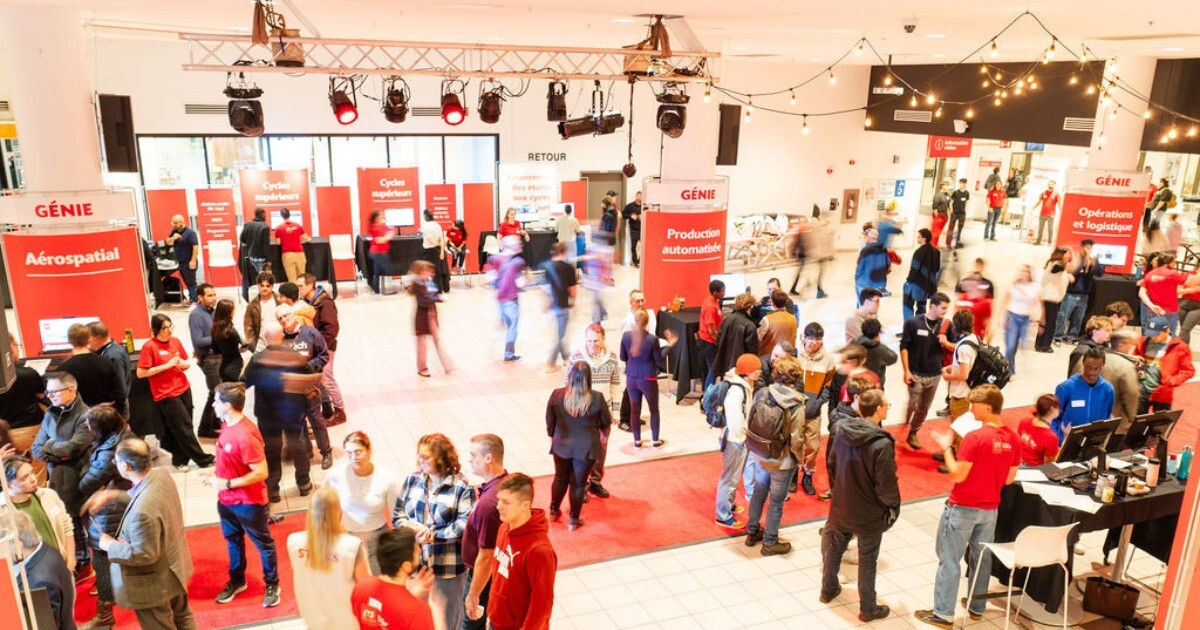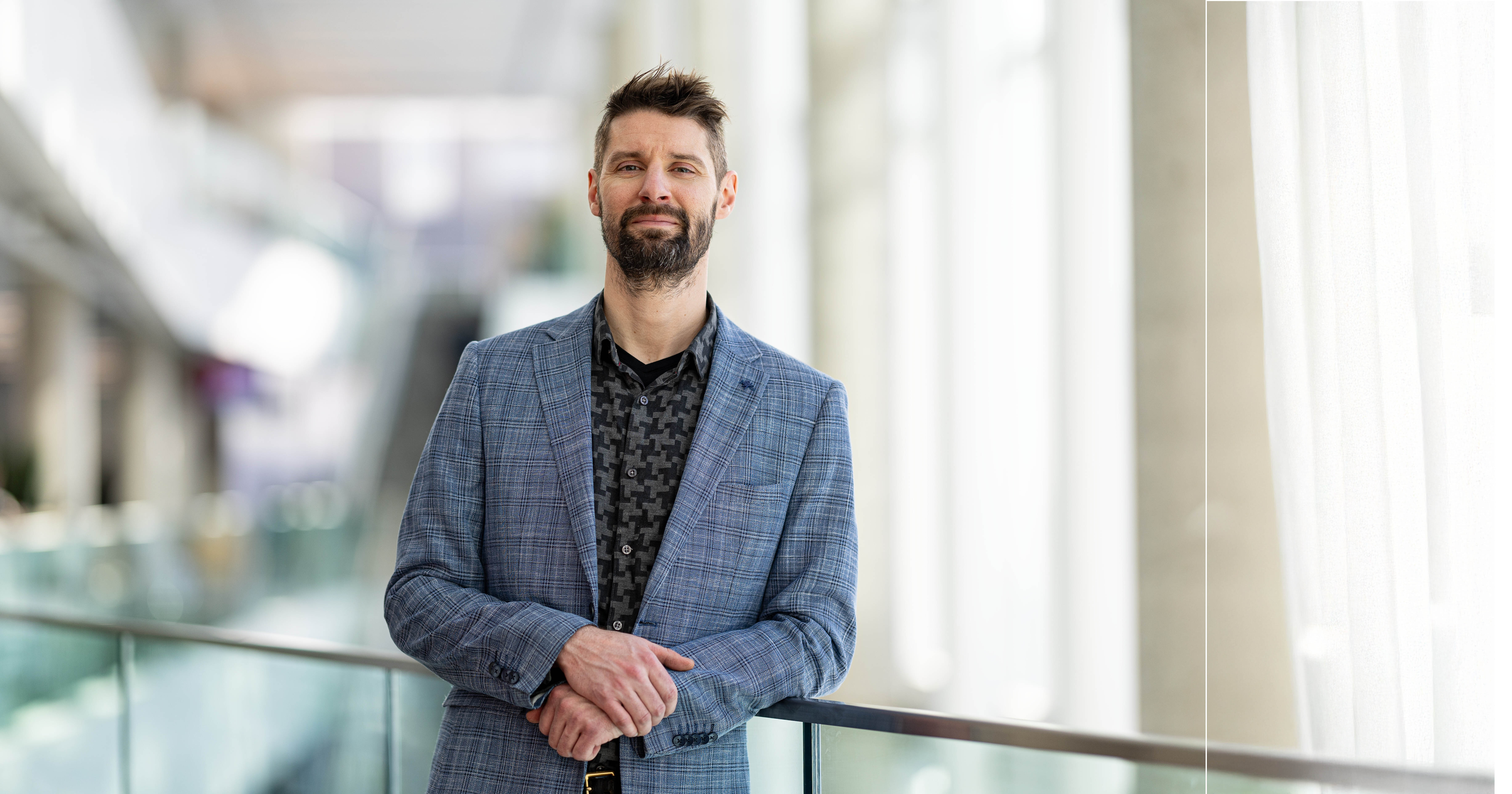
Once Upon a Time, There Was a Computer…
The earliest computers designed for the general public revealed that only specialists could understand how they worked. These devices had to be made accessible to the average person, based on cognitive principles. What language was the most appropriate? How much data could an average person process? How could user experience be improved? “My role as a UX designer is to make sure that our experience with digital artefacts is intuitive and satisfying; that users can easily do what they are there to do” says Annemarie Lesage, Professor of Design at ÉTS.
From Ceramics to Cognitive Artifacts
From an early age, Annemarie Lesage was interested in creativity and innovation. After graduating from Concordia University with a Bachelor of Fine Arts in Ceramics, she decided to pursue a Masters of Fine Arts (MFA) at Louisiana State University. She spent twelve years in the United States, earning a second master’s degree in graphic design at the University of North Carolina School of the Arts, and starting a family. It was while taking the Design as Cognitive Artifact course that Annemarie met Professor Meredith Davis. Davis is a recipient of some fifty national and international awards in graphic design and design education. This pioneer had a profound influence on Annemarie. “The breadth of her vision was astonishing,” she says.
Creating Moments of Grace

Back in Montréal, Annemarie completed her PhD at the Hybridlab of the Université de Montréal’s School of Design, in 2015. Her thesis focused on the autotelic experience, those moments of grace when you are completely absorbed in what you are doing. Annemarie Lesage highlights several crucial elements that triggers this cognitive experience, specifically the awareness of the “wow!” in real-time. The researcher observes that digital creators are so preoccupied with efficiency that they tended to neglect this passive posture of the user stepping back, reflecting and appreciating this sense of well-being (this wow!) as it is happening.
One Foot in the Market, the Other in Education
Annemarie Lesage has always worked closely with organisations to improve their user experience. She stresses the importance of thinking about the user… at all times: “Could my 85-year-old mother fill in this legal form online?” Design isn’t just about aesthetics and functionality. It must fit the user, just as a glove fits our hand, believes Annemarie.
Teaching and Recognizing Emerging Talent
In 2024, after seven years of teaching at HEC Montréal, Annemarie made the leap to ÉTS to pass on her knowledge to next-gen designers, both in theory and practice. For her, it’s essential that they take ownership of the information she conveys, so that they can integrate it into their own experience. Professor Lesage sees herself above all as a discoverer of potential, rather than a holder of rigid knowledge.
She has numerous projects on the drawing board, including one on the cognitive experience of sound immersion. Together with her students, she hopes to explore the potential of sound in the creation of virtual reality. Other research interests include design thinking for businesspeople and others.
Creativity Is Oxygen for Human Beings
Artificial intelligence is humbling; it can solve problems that human cannot. According to Annemarie Lesage, we are leaving behind the paradigm of Taylorism and climbing the last steps of Maslow’s pyramid. Ergo, creativity is becoming even more essential. “We shouldn’t think that the creative act is only valid if it’s unique, or that artificial intelligence will supersede human creativity because it’s more efficient. We need to be creative like we need to breathe. Why let machines take over, and deprive us of the pleasures of creating?”
“Placing humans at the heart of the user experience also means asking the question: what adds value to our lives?” concludes Annemarie Lesage.
Please see our program pages for more information on our new bachelor's degree in UX design.



